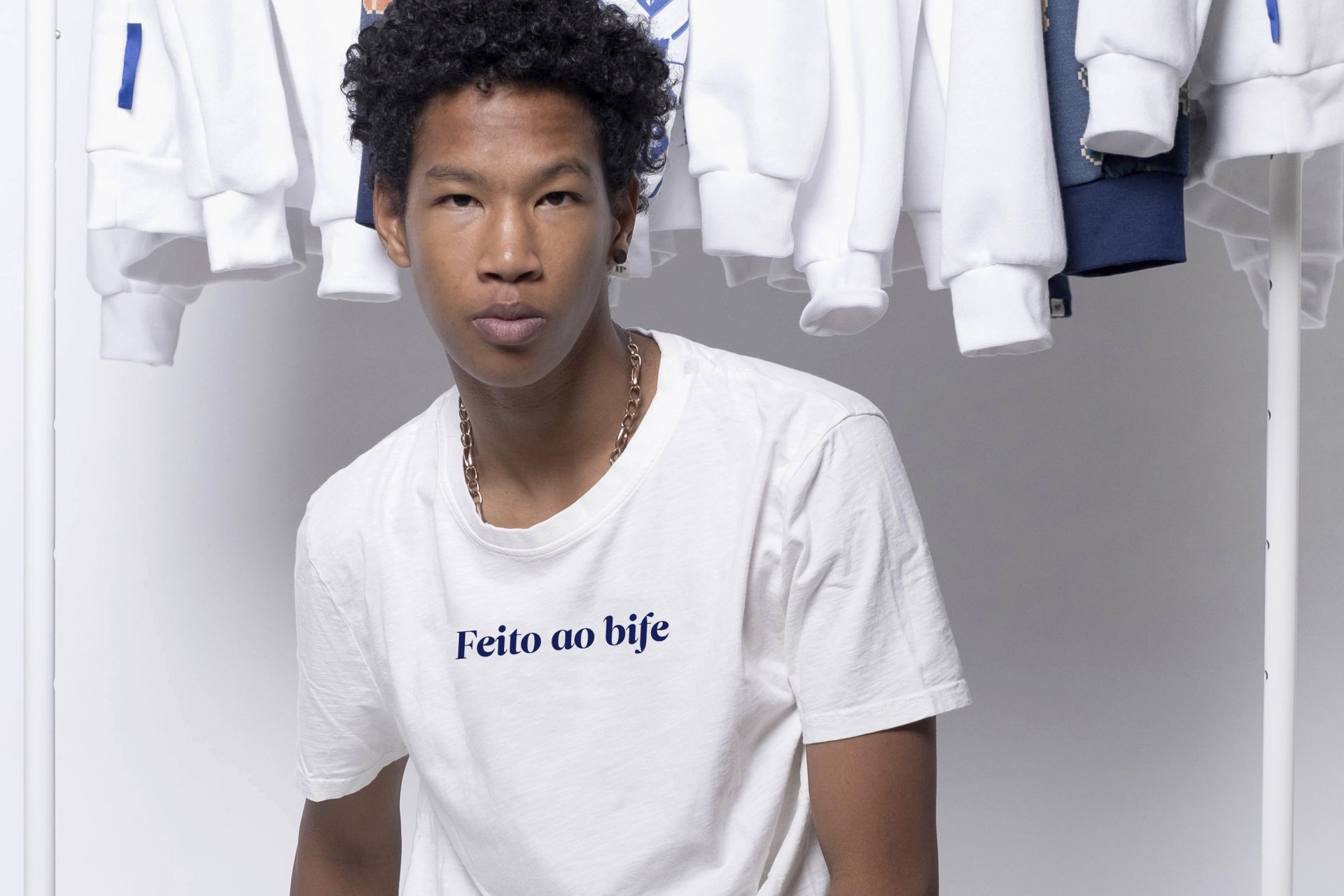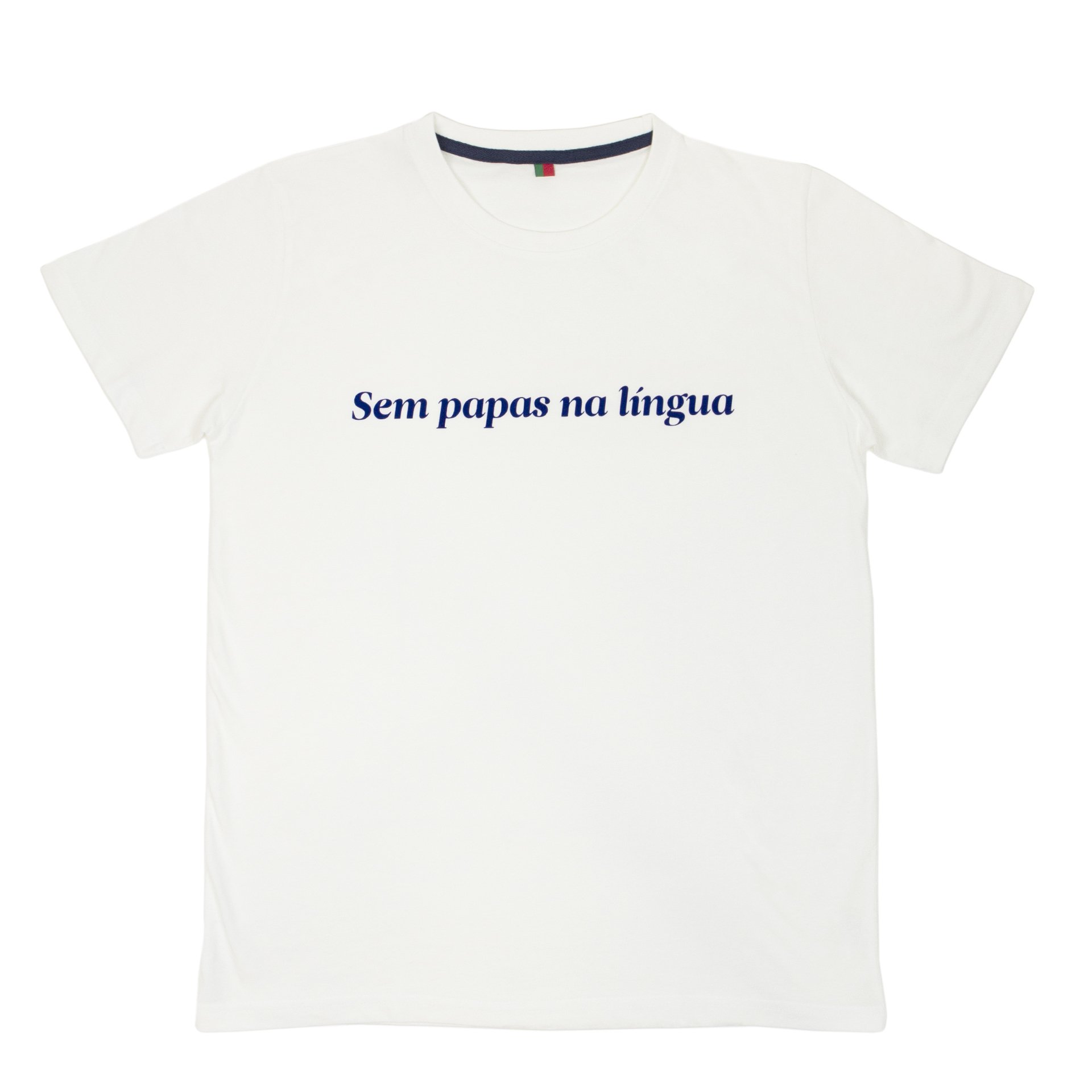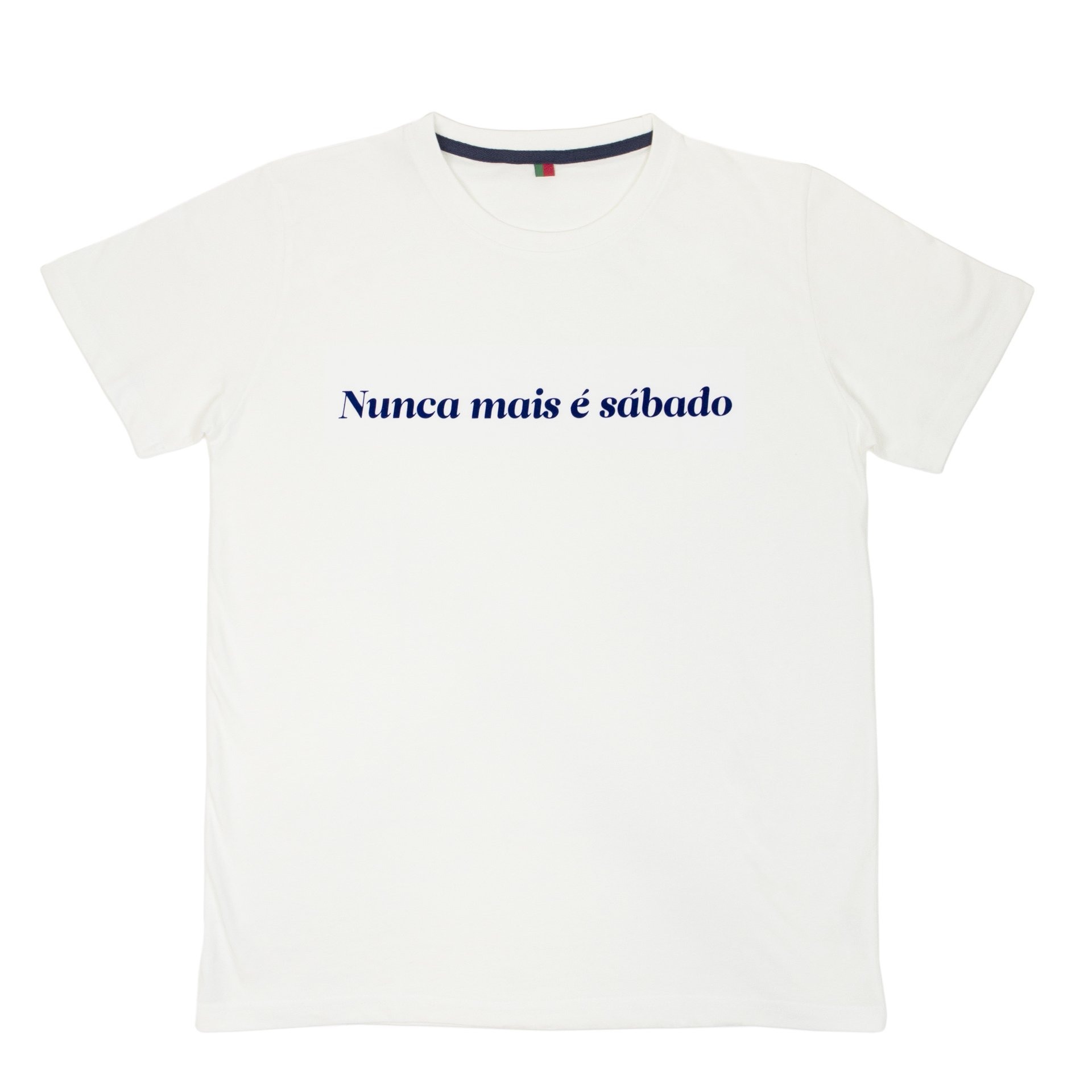



Expressions on the tip of your tongue
22 of June of 2021
A true "tuga" uses Portuguese slang to express himself, otherwise he's “feito ao bife”. Used to give meaning to thoughts, it is very common to be present in our daily lives. Do you know the meaning of some of these expressions?
We begin with "Feito ao bife". When we use this expression, it means that someone is having a serious problem without a solution, being screwed or screwed up. But what does steak have to do with the problem? The origin of this expression lies in the custom that in order to obtain softer meat we usually "pound" the meat with a hammer. Hence the comparison with a person who is full of problems and can feel like a steak being tenderized.
This expression can be felt when we hear from our mothers or grandmothers "clean that now"! Is this "Casa da Joana" (Joana's house)or what?"
"Casa da Joana" is the place or situation where anything goes, where confusion, mess and disorganization predominate. But why Joana and not Maria? The Joana in question was the Queen of Naples and Countess of Provence who, given her morally unruly and permissive life, was eventually condemned by the Church to live cloistered in Avignon, France. She lived as a refugee in brothels, and because she supported and protected those who lived in this business, she was considered "the mother" and "Joana's house" became synonymous with a place without rules. Nowadays, the expression "Joana's house" is the place where everyone does what they want, where everyone comes and goes without asking permission, without discipline or respect. Do you see?
Expressions like the ones mentioned above are always on the tip of the tongue. Like “tás a ver”?
They are the example of informal Portuguese expressions. "tás a ver" is the diminutive of "Estás a ver?" and synonymous with "Entendeste?", "Sabe?". We usually use it only at the end of sentences as if it were a question mark.
These and other expressions help us to express ourselves in a way that has no "Papas na língua". Papas? On the Tongue?! This is another expression that refers to someone who speaks without filters about everything that is on his mind and without beating around the bush. The origin of this expression comes from the fact that some chickens get some particles that appear on their tongue that prevent them from clucking. When the hen has no gruel, her tongue is free to make sounds.
Some people don't have "Papas na língua", but have “água na boca” (Water in the Mouth). And "agora é que são elas".
Three expressions in a row. “Água na boca” is an expression we use when we have the desire or craving to eat something specific. A craving that whets the appetite in such a way that excess saliva accumulates in the mouth. The origin of this expression comes from this desire, because saliva has the function of mixing food and transforming it into a mass in order to make it easier to digest. The production of saliva increases when we put a food in our mouth due to contact with the mucous membranes or when we smell something we want to eat. Can you imagine some freshly grilled sardines? It makes your mouth water! "Nunca mais é sábado” (It's never Saturday again) to light the coals.
It's still Monday morning and already some people are thinking "Nunca mais é sábado”. This expression is used for "it's about time for the weekend", and we can't wait for the day of rest to arrive, Saturday, and pull the ember to our sardine.
“Puxar a brasa à nossa sardinha” (to pull the ember to our own sardine) means to say something or do something that benefits you. It originates from the act of when you are roasting sardines, you put the sardine directly under the ember so that it roasts faster. In other words, doing everything you can to get what you want. Another expression that has a very similar meaning is “levar a água ao seu moinho” (bring water to your mill).
Speaking of water, I'm sure you've heard the saying “quem anda à chuva, molha-se” (who walks in the rain, gets wet). Anyone who gets into trouble should be prepared for the worst, if you walk in the rain you are obviously going to get wet. If you are getting into a certain situation you know that some problem might happen. So please be very cautious.
And to close this text we say goodbye, “Dá cá um bacalhau” (Give me some codfish). In Portugal this expression means the same as a hand shake. You know what's great? Expressing yourself in Portuguese!Write down your expression and wear it on your chest. Don't know what to write? Get inspired here
For Traditions
The Inspirations Team
Expressions on the tip of your tongue
22 of June of 2021




A true "tuga" uses Portuguese slang to express himself, otherwise he's “feito ao bife”. Used to give meaning to thoughts, it is very common to be present in our daily lives. Do you know the meaning of some of these expressions?
We begin with "Feito ao bife". When we use this expression, it means that someone is having a serious problem without a solution, being screwed or screwed up. But what does steak have to do with the problem? The origin of this expression lies in the custom that in order to obtain softer meat we usually "pound" the meat with a hammer. Hence the comparison with a person who is full of problems and can feel like a steak being tenderized.
This expression can be felt when we hear from our mothers or grandmothers "clean that now"! Is this "Casa da Joana" (Joana's house)or what?"
"Casa da Joana" is the place or situation where anything goes, where confusion, mess and disorganization predominate. But why Joana and not Maria? The Joana in question was the Queen of Naples and Countess of Provence who, given her morally unruly and permissive life, was eventually condemned by the Church to live cloistered in Avignon, France. She lived as a refugee in brothels, and because she supported and protected those who lived in this business, she was considered "the mother" and "Joana's house" became synonymous with a place without rules. Nowadays, the expression "Joana's house" is the place where everyone does what they want, where everyone comes and goes without asking permission, without discipline or respect. Do you see?
Expressions like the ones mentioned above are always on the tip of the tongue. Like “tás a ver”?
They are the example of informal Portuguese expressions. "tás a ver" is the diminutive of "Estás a ver?" and synonymous with "Entendeste?", "Sabe?". We usually use it only at the end of sentences as if it were a question mark.
These and other expressions help us to express ourselves in a way that has no "Papas na língua". Papas? On the Tongue?! This is another expression that refers to someone who speaks without filters about everything that is on his mind and without beating around the bush. The origin of this expression comes from the fact that some chickens get some particles that appear on their tongue that prevent them from clucking. When the hen has no gruel, her tongue is free to make sounds.
Some people don't have "Papas na língua", but have “água na boca” (Water in the Mouth). And "agora é que são elas".
Three expressions in a row. “Água na boca” is an expression we use when we have the desire or craving to eat something specific. A craving that whets the appetite in such a way that excess saliva accumulates in the mouth. The origin of this expression comes from this desire, because saliva has the function of mixing food and transforming it into a mass in order to make it easier to digest. The production of saliva increases when we put a food in our mouth due to contact with the mucous membranes or when we smell something we want to eat. Can you imagine some freshly grilled sardines? It makes your mouth water! "Nunca mais é sábado” (It's never Saturday again) to light the coals.
It's still Monday morning and already some people are thinking "Nunca mais é sábado”. This expression is used for "it's about time for the weekend", and we can't wait for the day of rest to arrive, Saturday, and pull the ember to our sardine.
“Puxar a brasa à nossa sardinha” (to pull the ember to our own sardine) means to say something or do something that benefits you. It originates from the act of when you are roasting sardines, you put the sardine directly under the ember so that it roasts faster. In other words, doing everything you can to get what you want. Another expression that has a very similar meaning is “levar a água ao seu moinho” (bring water to your mill).
Speaking of water, I'm sure you've heard the saying “quem anda à chuva, molha-se” (who walks in the rain, gets wet). Anyone who gets into trouble should be prepared for the worst, if you walk in the rain you are obviously going to get wet. If you are getting into a certain situation you know that some problem might happen. So please be very cautious.
And to close this text we say goodbye, “Dá cá um bacalhau” (Give me some codfish). In Portugal this expression means the same as a hand shake. You know what's great? Expressing yourself in Portuguese!Write down your expression and wear it on your chest. Don't know what to write? Get inspired here
For Traditions
The Inspirations Team
